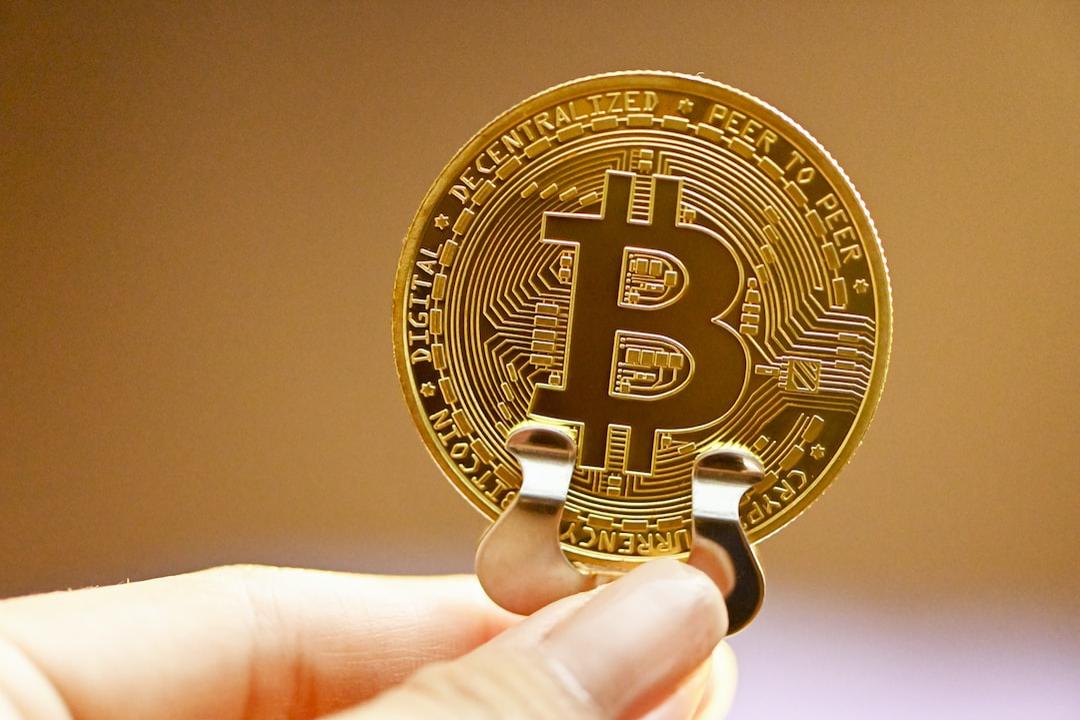El Salvador has terminated Bitcoin’s status as legal tender, a decision made under pressure from the International Monetary Fund (IMF) in order to secure a $1.4 billion loan. The new regulations make the use of Bitcoin entirely voluntary, allowing merchants and institutions to reject it and prohibiting its use for tax payments.
President Nayib Bukele had been a strong advocate for adopting Bitcoin as a national economic solution since 2021. However, a recent poll shows that only 8.1% of the population still uses the Chivo Wallet digital wallet, and most respondents do not believe the program has benefited them. This raises the question of whether this marks the end of the national Bitcoin experiment.
Many wonder if Bukele has truly abandoned his vision of making El Salvador a global Bitcoin hub. Despite losing its legal tender status, the government plans to continue holding Bitcoin in its strategic reserves, indicating that they are not completely turning away from it.
However, the decision is undoubtedly linked to IMF pressure. The international banking institution has long viewed El Salvador’s Bitcoin approach as a significant financial risk. In order to qualify for loans worth billions, the government has chosen to limit the nation’s exposure to Bitcoin.
The adoption of Bitcoin in El Salvador has faced difficulties since its implementation. Technical obstacles have plagued the crypto-based payment system, leading most companies to prefer US dollars over Bitcoin. Some small businesses have even reported challenges in accepting Bitcoin payments due to the significant price fluctuations.
With this policy change, burdened businesses can now relax as they are not obligated to accept Bitcoin if they do not wish to. However, for the crypto community, this move could be seen as a setback in the national efforts for Bitcoin adoption.
Despite the change in Bitcoin’s legal tender status, El Salvador’s Bitcoin ecosystem is not completely dead. Bitfinex Securities is set to issue BMN2 in the country, taking advantage of a more flexible regulatory environment. This new Bitcoin mining investment is expected to be more accessible, with a smaller investment requirement compared to BMN1, which is meant for wealthier investors.
This shift may allow more people to participate in the Bitcoin mining industry without significant capital requirements. It could be a new approach for El Salvador to remain involved in the crypto scene, even with the altered Bitcoin policy.
Although Bitcoin is no longer legal tender, the El Salvadoran government still shows interest in the digital asset. Keeping Bitcoin in a strategic reserve indicates that they have not completely given up on it. However, the country’s Bitcoin experiment has faced numerous challenges, including low adoption, price volatility, and pressure from global financial institutions, leading the government to modify its policy.
The future of Bitcoin in El Salvador remains uncertain. For now, it seems that the government prefers to take a cautious approach, maintaining open investment possibilities without compromising the economic stability of the nation.

